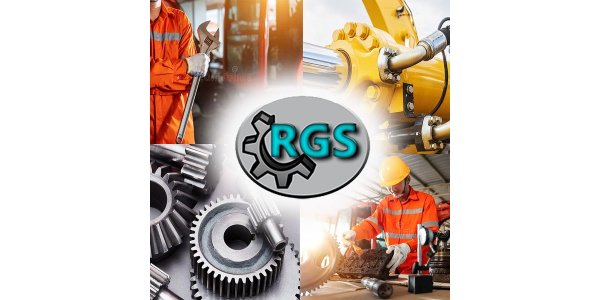Valve actuation methods are crucial considerations when it comes to controlling the flow of fluids and gasses in industrial processes. The choice of actuation method depends on factors such as desired control, system requirements, and operational efficiency. In this article, we will explore the various valve actuation methods, including electric, pneumatic, hydraulic, and manual options, emphasizing the significance of collaborating with a trusted industrial valves supplier.
Electric Valve Actuation
Introduction to Electric Valve Actuators
Electric valve actuators utilize an electric motor to drive the valve's operation. These actuators offer precision control, fast response times, and high torque capabilities, making them ideal for applications that require accurate and immediate valve positioning.
Advantages of Electronic Valve Actuation
Electric valve actuators eliminate the need for any external power source, as they are self-contained units with built-in motors. They provide precise control over valve positions and can be remotely operated, allowing for efficient system automation. Trusted industrial valves suppliers, including 3 way ball valve manufacturers and oil equipment companies, offer a wide range of electric valve actuators suitable for diverse industrial applications.
Pneumatic Valve Actuation
Understanding Pneumatic Valve Actuators
Pneumatic valve actuators use compressed air to drive the valve's motion. These actuators are known for their simplicity, reliability, and quick response times. They are widely used in industries such as oil and gas, petrochemical, and manufacturing due to their robustness and cost-effectiveness.
Benefits of Pneumatic Valve Actuation
Pneumatic valve actuators are easy to install, operate, and maintain. They provide fail-safe operation, with springs that allow the valve to return to a safe position in the event of air supply failure. Pneumatic actuators are ideal for applications that require rapid valve operation and frequent cycling. Industrial valves suppliers often offer a range of pneumatic actuators to meet different system requirements.
Hydraulic Valve Actuation
Overview of Hydraulic Valve Actuators
Hydraulic valve actuators use pressurized hydraulic fluid to control valve operation. These actuators offer high force capabilities, making them suitable for large valves or applications requiring significant force for opening and closing.
Advantages of Hydraulic Valve Actuation
Hydraulic valve actuators provide precise and reliable control over valve positioning, even at high pressures. They offer smooth and consistent operation with adjustable speed and force. However, the use of hydraulic systems can be more complex and require additional safety precautions. Industrial valves suppliers typically stock hydraulic actuators suitable for heavy-duty applications.
Manual Valve Actuation
Manual Valve Actuators: Traditional and Versatile
Manual valve actuators require physical human effort for valve operation. They are the most straightforward and oldest form of actuation, utilizing handwheels, levers, or gears to control the valve's position.
Applications and Benefits of Manual Valve Actuation
Manual valve actuation is commonly employed in applications where precise control is not necessary or where valves are infrequently operated. They offer simplicity, reliability, and cost-effectiveness. In scenarios where power sources are limited or inaccessible, manual actuators remain a practical choice. Industrial valves suppliers usually offer a wide range of manual actuators suitable for various valve types and sizes.
Collaborating with a Trusted Industrial Valves Supplier
When it comes to selecting the right valve actuation method for a specific application, partnering with a trusted industrial valves supplier is crucial. They offer expert advice, a wide range of valve actuation options, and comprehensive support throughout the process. Reputable suppliers, including 3 way ball valve manufacturers and oil equipment company, ensure access to high-quality actuators, tailored solutions, and prompt technical assistance to meet specific industrial needs.
Conclusion
In conclusion, the choice of valve actuation method depends on the application requirements and desired control mechanisms. Electric, pneumatic, hydraulic, and manual actuation methods each have their strengths, offering unique benefits for different scenarios. By partnering with a reliable industrial valves supplier, like 3 way ball valve manufacturers and reputable oil equipment companies, industries can ensure access to high-quality valve actuation systems and expert guidance for optimal performance and efficiency.

 Онлайн обучение английскому языку с нуля: что нужно знать
Онлайн обучение английскому языку с нуля: что нужно знать
 Як вибрати якісне газонне насіння та добрива для газону?
Як вибрати якісне газонне насіння та добрива для газону? ТОВ «РГС Україна»: максимальні можливості ремонту спецтехніки та її гідравліки
ТОВ «РГС Україна»: максимальні можливості ремонту спецтехніки та її гідравліки Що потрібно знати про електро теплу підлогу?
Що потрібно знати про електро теплу підлогу?